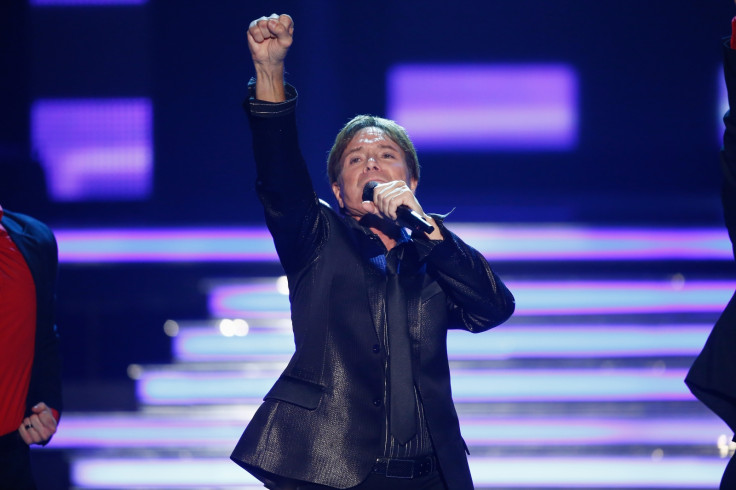If Cliff Richard successfully sues BBC how will press cover celebrity police raids in future?
Richard was never charged and claims 'illegal collusion' between police and BBC.

The legal action launched by Sir Cliff Richard against the BBC and South Yorkshire Police should worry any media organisation reporting crime. If he is successful in suing them for misuse of private information, then the media will have to reassess how they report police raids.
Even if a settlement is reached, this case shows the impact that the new tort of 'misuse of private information' is having on the media.
At the heart of this is the search of Sir Cliff's home, carried out with a warrant, by South Yorkshire Police in 2014 as part of its investigation into historic sexual abuse allegations. The case was later dropped by the Crown Prosecution Service (CPS).
The BBC had learnt of the allegations and had contacted South Yorkshire Police about them and were given information by the force about when the raid on Sir Cliff's Berkshire home would take place. The BBC had a news team outside the property and a helicopter filming from above.
Sir Cliff's claim is about the "illegal collusion" that he says went on between the police and the BBC before the raid. This, he says, was confidential information about him and should not have been revealed to the media.
This is what should worry other media organisations.
Coverage of police raids is pretty standard stuff for newspapers and broadcasters alike. I, along with many other news reporters, was taken along by police on raids and would even wander into properties they were searching along with my photographer to document the events.
To do this, we were contacted in advance by the police who would give us notice of what they were doing and what they were looking for. If Sir Cliff's case succeeds, would that now be termed as "unlawful collusion"?
Journalists sued due to covering this sort of matter may well say that a legal defence of qualified privilege, which protects reporting of information given to them by the police, would protect them against legal proceedings. However, this is only a defence against a libel action and Sir Cliff is suing for breach of privacy, not libel.
So what defences might the BBC and the police raise?
They might argue that this matter was in the public domain − it was a public event, witnessed by many people and was not therefore a private matter. This is going to be difficult – Sir Cliff's residence was not particularly overlooked or public, which probably explains the need to use a helicopter to film the raid. It could probably quite easily have been carried out by police with people living nearby being left none the wiser.
Another defence that can protect the media against a privacy action is the public interest. Can the BBC, and South Yorkshire Police for that matter, show that telling people about the search was a matter of public interest?
There is an argument that when a large-scale police action takes place, there is a need for the public to be informed about it.
It has also been argued in other investigations into historic allegations that it is important they are publicised to assist in obtaining witnesses. Such action is usually only taken when someone is arrested or charged though – and Sir Cliff was never arrested or charged, he was only ever interviewed by police.
Sir Cliff and others have argued for anonymity for those who have a complaint of a sexual offence made against them until they are charged.
However, that does not appear to form part of this legal action. He is not claiming the mere reporting of the investigation is an invasion into privacy – rather what he calls the collusion between the BBC and the police over the raid on his home and the subsequent intrusive coverage.
Raids on people traffickers, drug dealers, illegal gangmasters and rogue traders, to name but a few, have all been seen as fair game for the media up until now. And under the defences listed above of public domain and public interest, privacy should not be a concern.
However, there may well be some cases where journalists and their legal teams will have to check whether they will face a privacy action for reporting a police raid from now on.
David Banks is one of the UK's leading media law trainers and consultants, working with national and regional media, government, NGOs, PR agencies and charities.
© Copyright IBTimes 2025. All rights reserved.




















